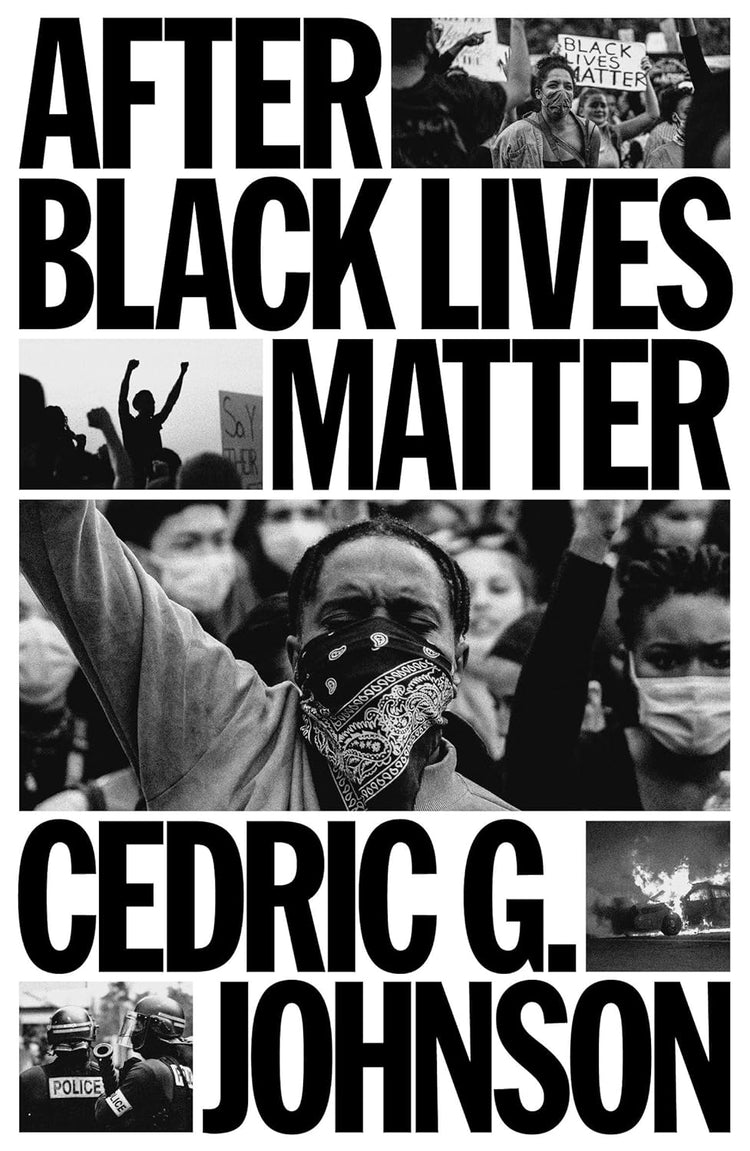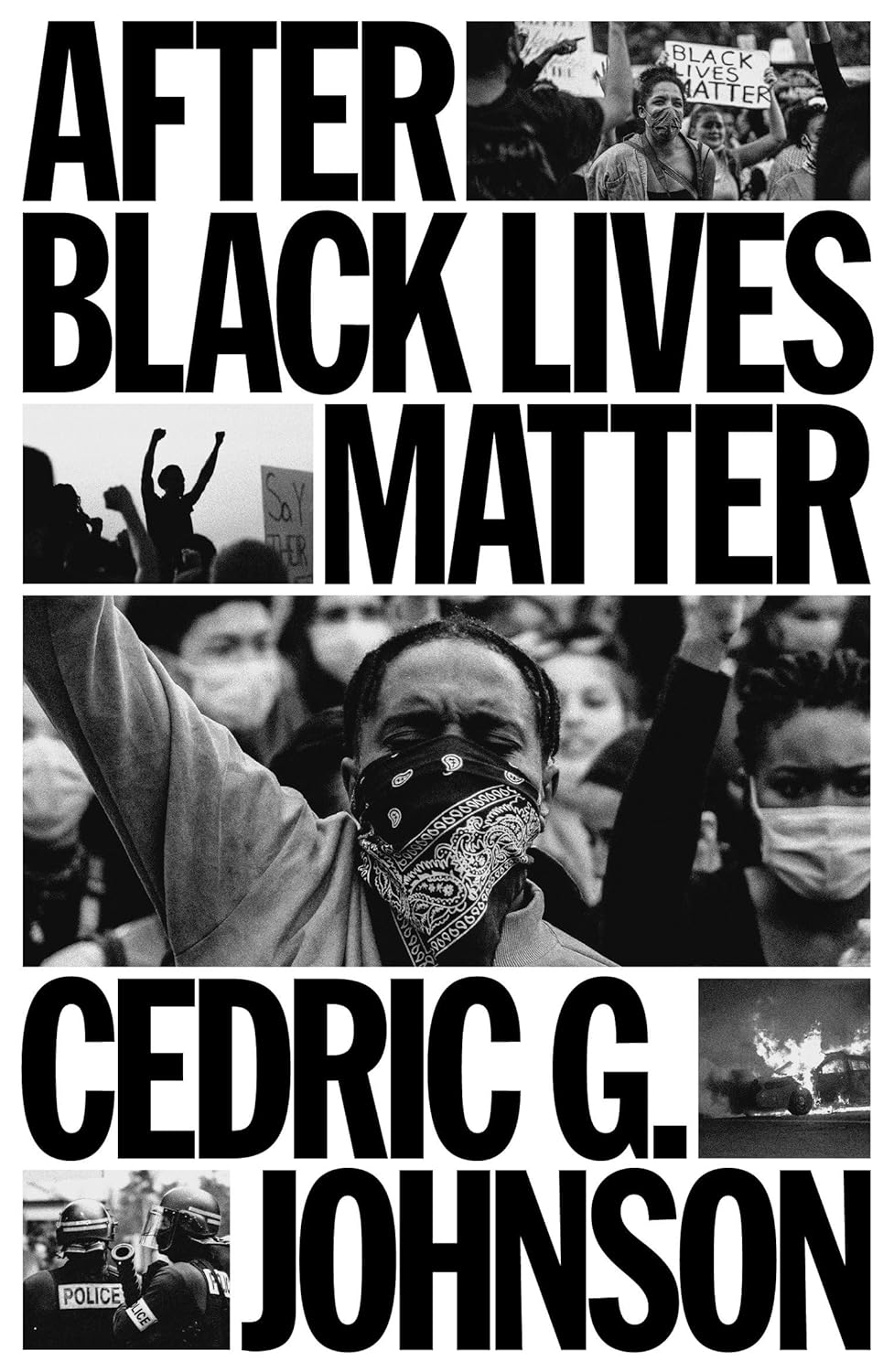After Black Lives Matter
Cedric G. Johnson
- Regular price
- $33.95
- Regular price
-
- Sale price
- $33.95
- Unit price
- per
The murder of George Floyd prompted a historic uprising that transformed the way Americans and the world think about race and policing. Why did that movement fall short of the most militant demands to defund and dismantle police departments? After Black Lives Matter argues that the failure to make institutional changes was not a simple result of the mercurial and reactive character of the protests. Rather, the core of the movement itself failed to locate the central racial injustice that underpins the crisis of policing:socioeconomic inequality.
The anticapitalist and downwardly redistributive politics of many Black Lives Matter activists has too often been drowned out in the flood of black wealth creation, the fetishism of Jim Crow black entrepreneurship, corporate diversity initiatives, and a quixotic reparations demand. Contemporary policing reflects the turn from welfare to domestic warfare as the chief means of controlling the most dispossessed elementsof the working class.
The way forward lies in building popular democratic power to advance redistributive policies and social welfare.
Share
Currently Out Of Stock
Submit your email and we'll send you a notification when After Black Lives Matter is back in stock.
Couldn't load pickup availability

